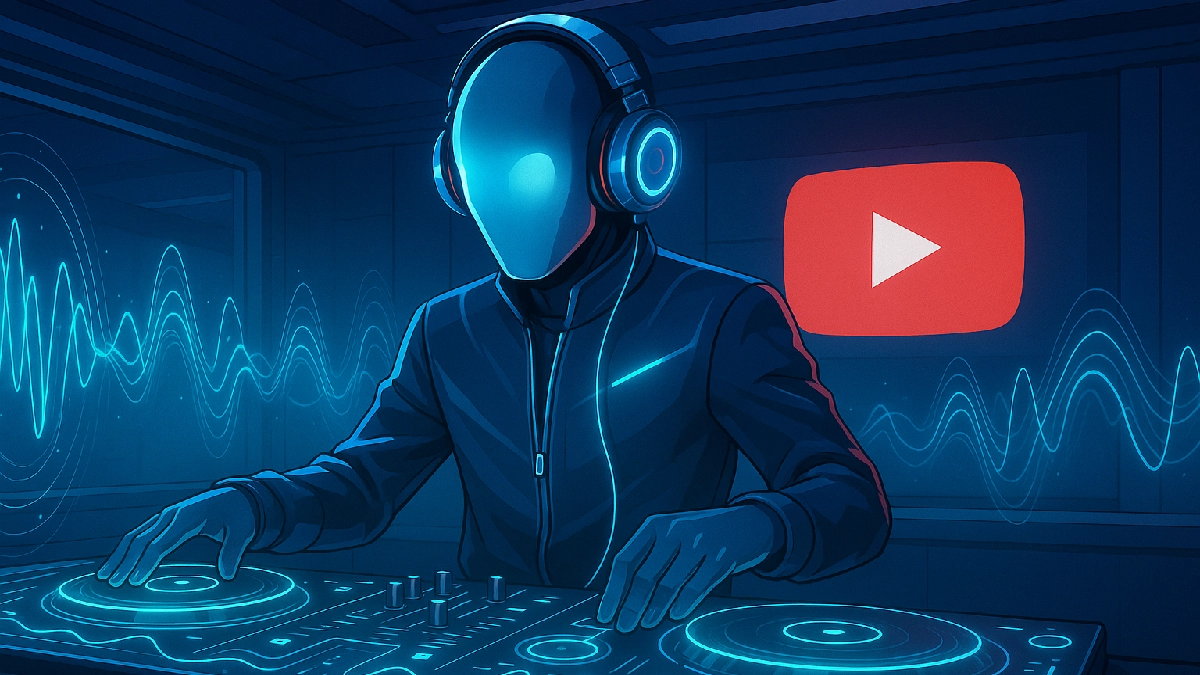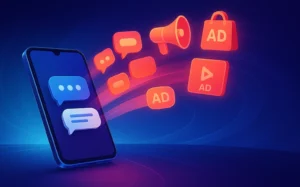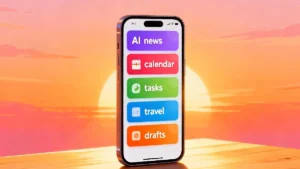YouTube has unveiled AI-powered music hosts, a bold move aimed at competing directly with Spotify’s popular AI DJ feature. By blending machine learning with music discovery, YouTube hopes to reframe how listeners engage with playlists and recommendations. This development signals an intensifying rivalry in the streaming space, where personalization has become the new battleground.
How AI Music Hosts Work
Unlike static playlists, AI music hosts act like virtual DJs, curating tracks in real time and offering commentary between songs. These hosts learn user preferences through listening habits, adjusting recommendations dynamically.
Key features include:
- Personalized playlists based on mood, time of day, and context.
- AI-generated commentary that mimics the feel of a live radio host.
- Seamless integration with YouTube Music’s recommendation engine.
This mirrors Spotify’s own AI DJ, but YouTube’s massive catalog—including official tracks, remixes, and fan uploads—gives it a unique edge.
Why YouTube Is Making This Move
Personalization has become the core differentiator in the music streaming wars. While Spotify dominates with its data-driven curation, YouTube’s strength lies in breadth of content—from mainstream hits to obscure remixes only found on its platform.
By introducing AI music hosts, YouTube is betting that:
- Listeners want deeper engagement, not just playlists.
- AI hosts will create a “radio-like” experience in a digital-first environment.
- More personalized sessions increase retention and reduce churn.
As one industry analyst noted: “Streaming isn’t just about access anymore—it’s about making users feel like the service knows them personally.” [cite expert here]
How It Could Change the Streaming Ecosystem
If successful, YouTube’s move could reshape user expectations:
- Redefining music discovery: AI hosts could surface lesser-known tracks, benefiting emerging artists.
- Boosting advertising opportunities: Just like radio DJs, AI hosts could integrate sponsored messages naturally.
- Intensifying competition: Spotify, Apple Music, and Amazon may need to respond with more advanced personalization features.
For artists, this may open new doors. Smaller acts could find themselves recommended by AI hosts to audiences who might otherwise never discover them.
Potential Risks and Concerns
Despite the excitement, there are challenges:
- Authenticity: Will users embrace AI voices over human DJs?
- Algorithm bias: Music recommendations could reinforce echo chambers instead of broadening tastes.
- Data privacy: Personalization depends heavily on user data, raising familiar concerns about tracking.
Still, the momentum behind AI in streaming suggests these hosts are not a passing experiment but part of a larger trend.
Frequently Asked Questions (FAQs)
Will YouTube’s AI music hosts replace human DJs?
No. They are designed to complement playlists and human curation, not replace traditional DJs or radio hosts.
How are YouTube’s AI hosts different from Spotify’s AI DJ?
YouTube benefits from a wider range of content, including live performances, remixes, and fan uploads. Spotify’s strength lies in deep listening data and polished user experience.
When will this feature roll out?
YouTube has begun limited testing, with wider availability expected in 2025. [update with official timeline here]
Conclusion
YouTube’s AI music hosts mark a significant escalation in the battle for streaming dominance. By combining personalization with its vast catalog, YouTube is positioning itself as a serious rival to Spotify’s AI DJ. The real question now is whether listeners will embrace virtual hosts as warmly as they once did human ones.
Key Takeaway: AI is no longer just behind the scenes in music—it’s becoming the voice of the experience itself.
Last Updated on October 18, 2025 by Lucy



